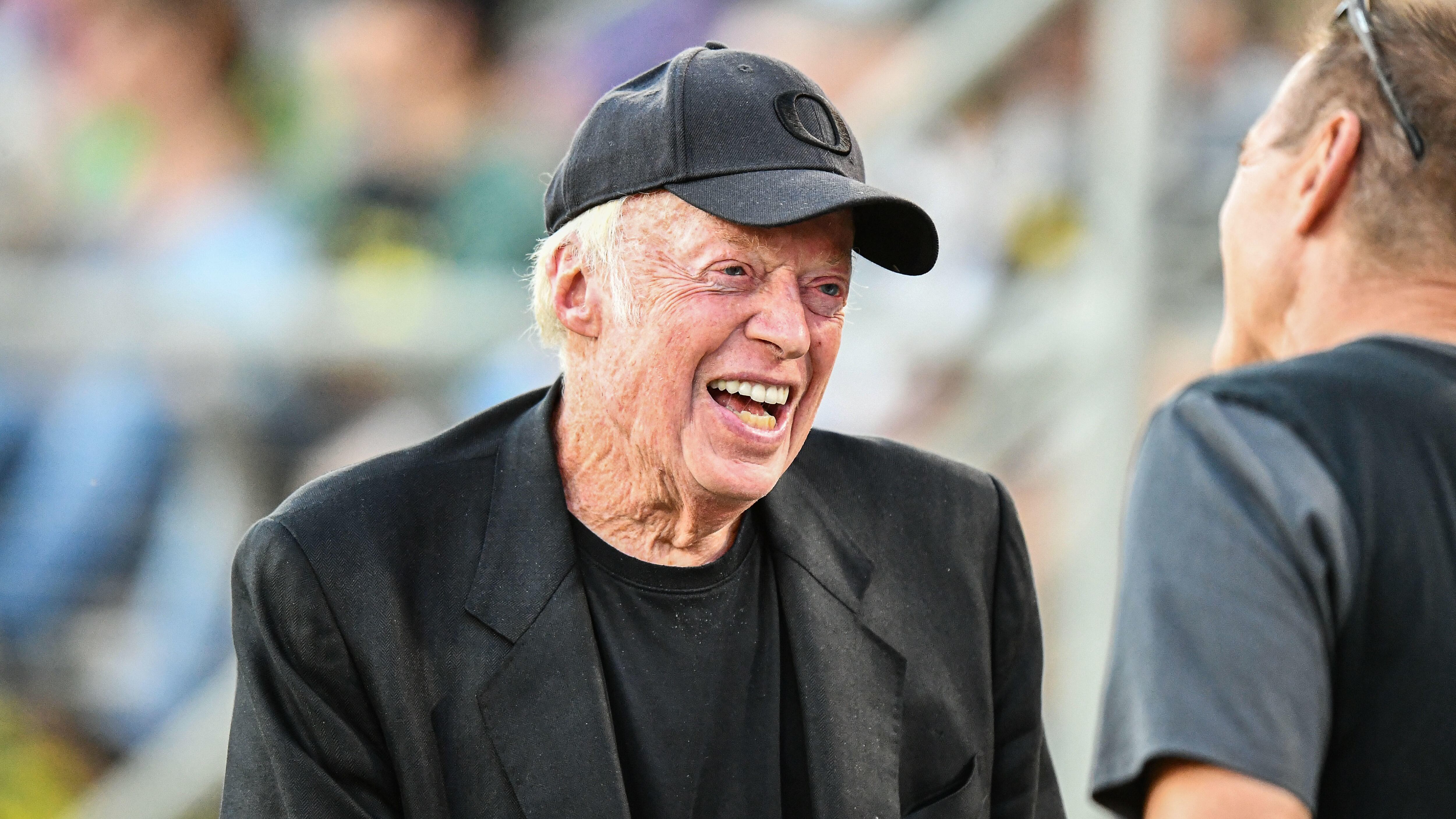In March, Oregon lawmakers finally passed campaign finance limits, 27 years after courts struck down earlier limits, ruling they blocked free speech. But those new limits won’t go into effect until 2027, and so far they do not apply to ballot measures. This year’s election cycle saw continued massive spending as big players exercised a power they may not always have. What follows are some of the biggest contributions of 2024.
Contribution: $2.25 million on Oct. 15
Who gave it? Article IV, a Virginia nonprofit that supports ranked-choice voting
Who got it? Yes on Measure 117 (ranked-choice voting)
So what? Supporters of ranked-choice voting raised almost $9.5 million—$9.5 million more than the opposition raised. Still, the measure failed 68% to 42%.
Contribution: $2.12 million on June 4.
Who gave it? United Food & Commercial Workers Local 555
Who got it? Initiative Petition 35 campaign (unionization for cannabis workers)
So what? Like Rodney Dangerfield, Oregon’s largest private employee union feels like it gets no respect. When lawmakers punted its cannabis unionization bill in 2023, UFCW swung and missed at recalling state Rep. Paul Holvey (D-Eugene), whom it blamed for the slight. To compensate, the union spent freely to qualify a very narrowly focused Measure 119 for the fall ballot, where it passed 67% to 43%. Fewer than 7,000 workers could benefit.
Contribution: $2 million on Feb. 15
Who gave it? Nike co-founder Phil Knight
Who got it? Bring Balance to Salem PAC
So what? Knight is by far Oregon’s biggest individual donor. He bankrolled a political action committee whose aim is to elect Republicans. GOP legislative PACs spent more than $7 million, but despite Donald Trump’s victory nationally, Republicans lost one seat in each Oregon legislative chamber.
Contribution: $1 million on Aug. 15
Who gave it? Grocery Retail PAC
Who got it? Defeat the Costly Tax on Sales (No on 118)
So what? Big corporations freaked out when a ragtag group of activists qualified Measure 118 for the ballot. The idea: a 3% tax on sales above $25 million to fund an “Oregon Rebate” of $1,600 to every Oregonian. The tax would have wiped out profits in thin-margin industries such as the grocery business. The grocers gave another $800,000 later in the cycle, and the measure failed 77% to 23%.
Contribution: $385,000 in 2024
Who gave it? Friends of Rene (independent expenditure committee)
Who benefited? Mayoral candidate Rene Gonzalez
So what? The Portland City Council approved public campaign financing in 2016 in an attempt to take big money out of city elections. Many of the same people who saved incumbent Mayor Ted Wheeler in 2020 with a large independent expenditure put their money on City Commissioner Rene Gonzalez this time. Nonetheless, Gonzalez placed a distant third behind newcomer Keith Wilson and Commissioner Carmen Rubio, neither of whom generated significant independent spending—although another independent expenditure committee with a clearly defined message, Don’t Rank Rene, spent $347,000.
